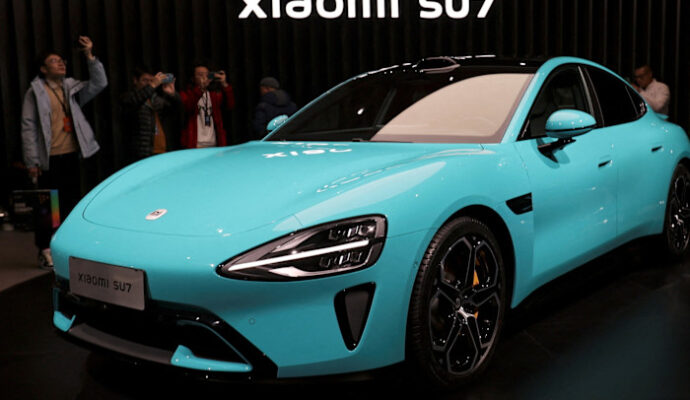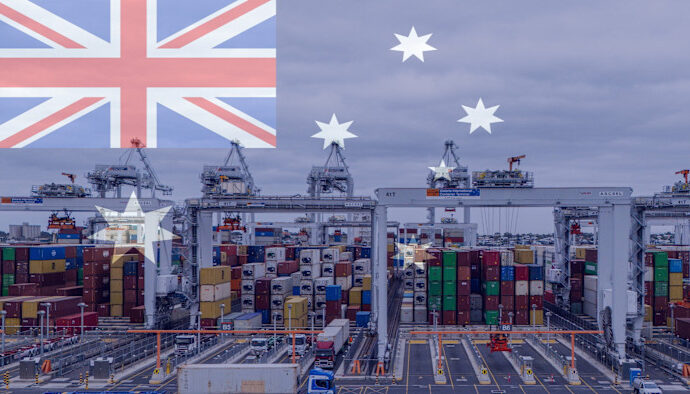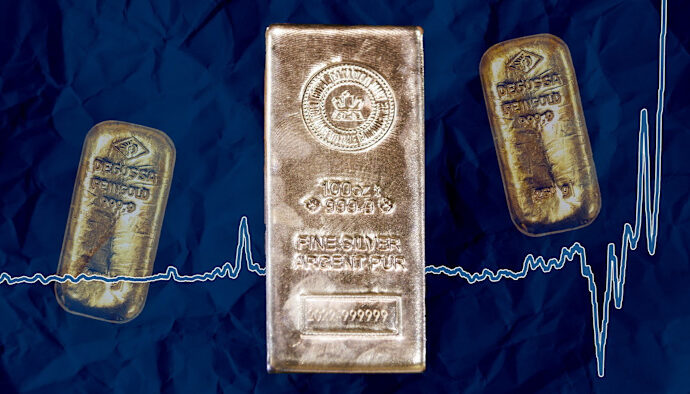Unlock the White House Watch newsletter for free
Your guide to what Trump’s second term means for Washington, business and the world
Donald Trump has offered strong support for Aukus, saying the deal to help Australia obtain a fleet of nuclear-powered submarines would boost deterrence against China in the Indo-Pacific.
Sitting beside Australian Prime Minister Anthony Albanese at the White House on Monday, the US president offered his first public backing for the trilateral programme that his predecessor Joe Biden signed with the UK and Australia.
“We’ve worked on this long and hard, and we’re starting that process right now, and I think it’s really moving along very rapidly, very well,” Trump told reporters before his meeting with Albanese.
His comments will be welcomed in Australia amid concerns about a Pentagon review of Aukus launched by Elbridge Colby, the under-secretary of defence for policy who has been a public sceptic of the submarine deal.
John Phelan, the US secretary of the navy who joined the Trump-Albanese meeting, said the Pentagon was trying to “improve” the original Aukus framework to benefit the US, UK and Australia.
“We’re really trying to . . . make it better and clarify some of the ambiguity that was in the prior agreement. So it should be a win-win for everybody.”
But Trump later added: “There shouldn’t be any more clarifications because we’re just, we’re just going now full steam ahead.”
Under Aukus, the US will sell a number of Virginia-class submarines to Australia while the three countries work on a new vessel called the SSN Aukus that will not come into service until the end of the next decade.
Critics of Aukus in the US, including Colby, have voiced concern about Washington selling submarines at a time when American shipyards are struggling to produce enough to satisfy the US’s own demands.
Trump and Albanese also signed a deal on rare earths that would involve Australia helping the US process the minerals.
The deal, which had been in the works for months, comes two weeks after Beijing unveiled a sweeping export control regime for critical minerals that angered the US. Trump has threatened to put an additional 100 per cent tariff on imports from China in response.
The president is expected to meet his Chinese counterpart Xi Jinping in South Korea on October 29 when the leaders attend the Asia-Pacific Economic Cooperation forum. Trump on Monday said he believed that he and Xi would agree on a “fantastic deal” at their meeting in South Korea.
“It’s going to be a great trade deal, it’s going to be fantastic for both countries, and it’s going to be fantastic for the entire world,” Trump said.
He said he believed that “China will come to the table and make a very fair deal” to avoid having to pay what the US president said would amount to a total US tariff rate of 147 per cent on imports from China.
But he also repeated his threat to impose additional tariffs and other countermeasures on China if the two sides cannot reach an accommodation.
“They threatened us with rare earths, and I threatened them with tariffs, but I could also threaten them with many other things like aeroplanes . . . because they can’t get parts for their aeroplanes,” Trump said.


